Olive Tree of Vouves
The oldest olive tree in Greece has been bearing fruit for at least 2,000 years.
It’s impossible to date this tree’s exact age without felling it, but dendrologists estimate this olive tree is at least 2,000 years old. It might even be the oldest in the world, though it’s in competition with the Stara Maslina in Montenegro.
Another indication of the Vouves tree’s age is the fact that two cemeteries from the Geometric Period (900 BC - 700 BC) were discovered nearby. Despite its ancient age, the tree continues to produce olives, Vouves’ heritage product. A museum was built right next to it to celebrate the tradition of olives in Greece and the rest of the Mediterranean.
There’s evidence of olive cultivation in Greece as far back as the Neolithic period. There are references to olive oil in the writings of Herodotus and Pliny the Elder as well as the Hebrew record of the Exodus from Egypt. According to ancient Greek historians, the city of Athens was named as such as an offering to the goddess Athena, in the hopes that she would continue to bless them with a bountiful olive harvest. This history, coupled with the fact that practically every Greek dish uses olive oil as a base, indicates how inextricable olives are from Greek identity.
The 15-foot-wide tree was here when both Christ and Muhammad walked the Earth, when the Bubonic Plague devastated Europe, when Beethoven composed the 5th, and everything in between. It is arguably the most important tree in Greece, and it’s got the connections to prove it: laurels for the 2008 Beijing Olympics were crafted with branches from the Vouves tree.
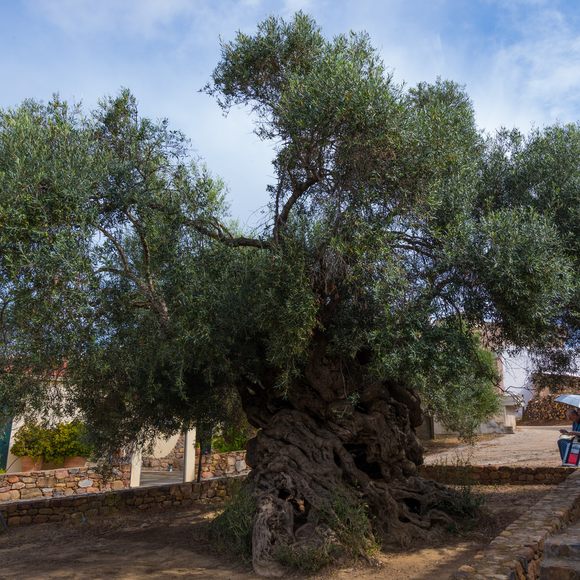

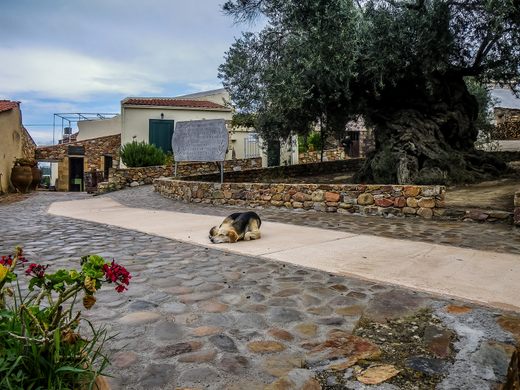
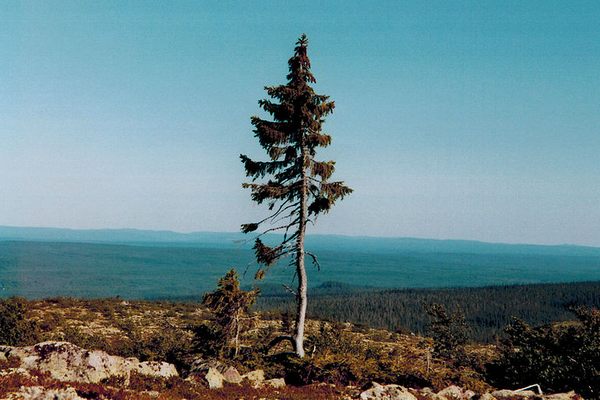







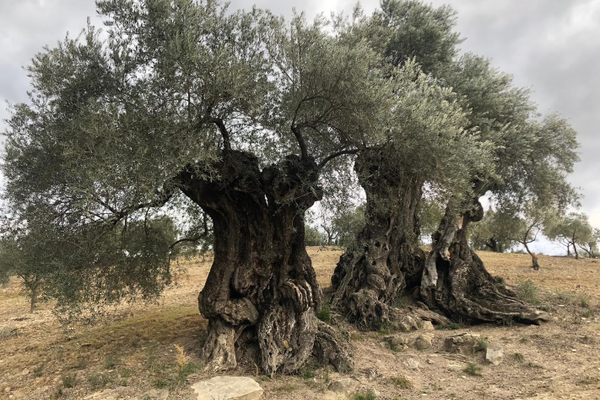
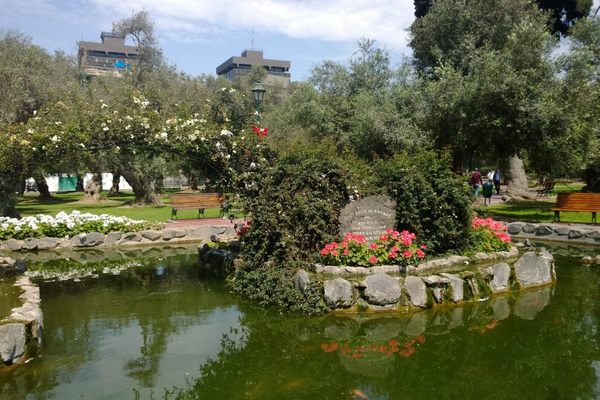
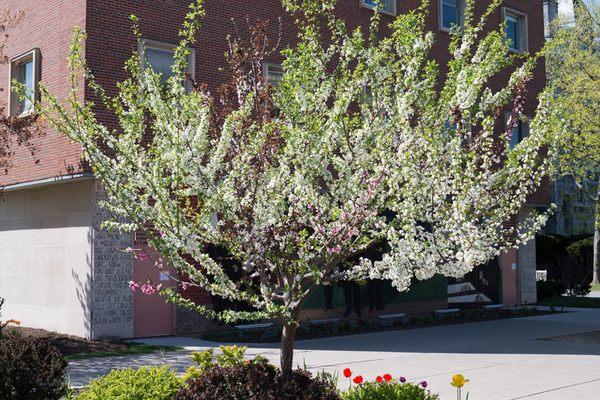





Follow us on Twitter to get the latest on the world's hidden wonders.
Like us on Facebook to get the latest on the world's hidden wonders.
Follow us on Twitter Like us on Facebook